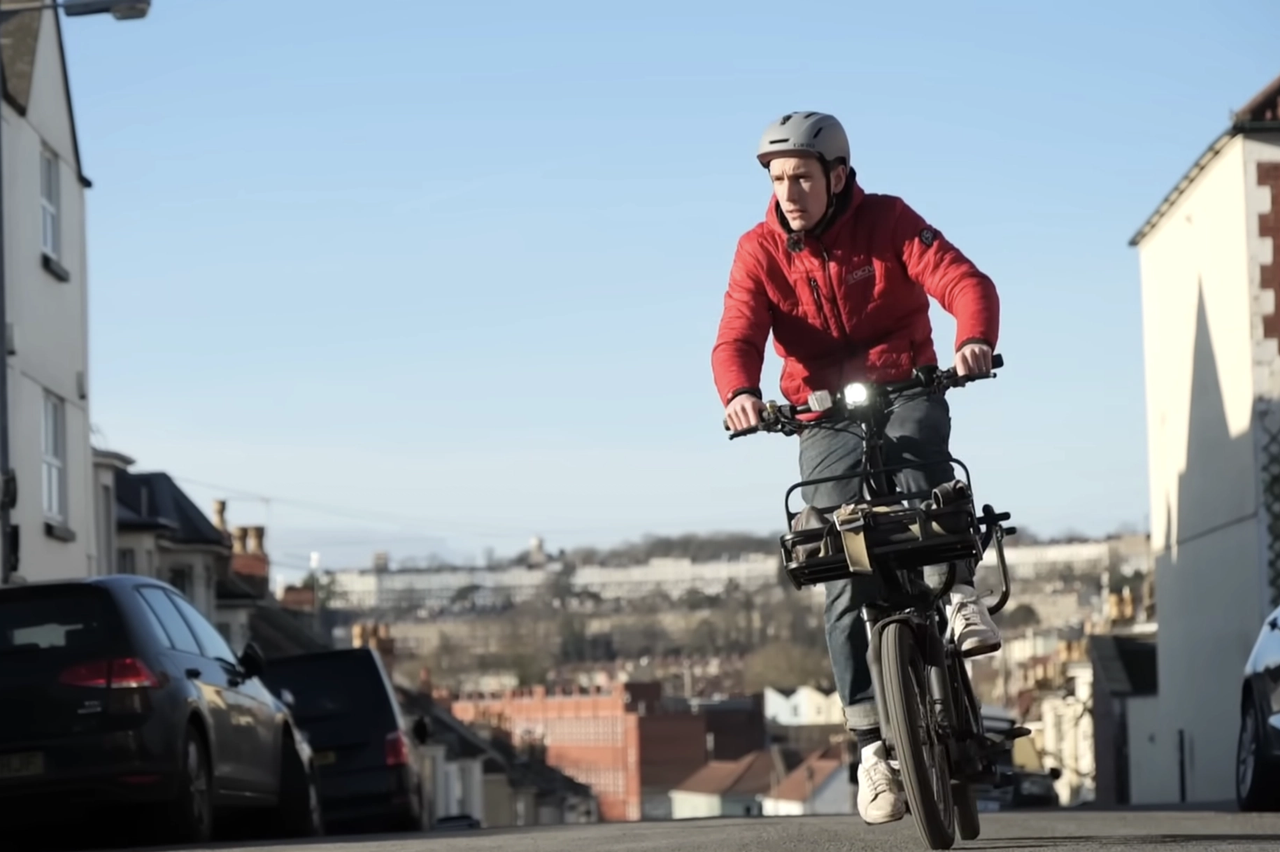New York City Council votes to launch its own e-bike trade-in
Unlike the program offered by the Equitable Commute Project, the new bikes will be largely subsidised by the city
James Howell-Jones
Junior Writer
© GCN
Simon Richardson on his Tern e-bike
On Thursday, September 14, New York City Council voted to establish a trade-in program to provide new e-bikes and scooters. Soon, New Yorkers will be able to hand in their old, uncertified e-bikes and e-scooters, and receive a fire-safe replacement for free or for little cost. This is following news that a privately funded trade-in program had little success due to prohibitive prices for delivery workers.
Read more: Dangerous e-bikes: Trade-in scheme falls flat in New York
At present, the details of the city-run program are yet to be made clear: the ruling on Thursday was to establish a law ensuring the local authorities produce a trade-in program, but it's not clear specifically what this will look like or how it will work.
Even so, this is a fantastic step for the safety of New York's some 60,000 delivery workers, many of whom use uncertified e-bikes with potentially dangerous lithium batteries.
The ruling comes on the same week that the NYC ban on the sale of non-UL-certified bikes comes into effect. From September 16, it will be illegal to sell devices with uncertified lithium batteries. The fact that the City is deploying both the carrot and the stick to get their delivery workers on safe bikes shows how high this issue is on their priority list.
Shortly after the ruling was passed, Majority Leader Keith Powers made the following announcement:
“Today, the City Council took a decisive step by establishing a first-in-the-nation battery trade-in program. It provides a clear, immediate pathway to get thousands of unsafe batteries out of our homes and off our streets. While we must continue to explore long-term solutions, this is a huge step forward for public safety.”
The New York Council reported that unsafe lithium batteries have caused 154 fires in the city this year, killing 14 people and injuring 93 others.
This news comes following the failure of a privately funded trade-in program, which saw just two bikes traded in for new ones due to prohibitively high costs. The scheme set up by the Equitable Commute Program was offering heavily reduced fire-safe e-bikes, yet the prices were still too high for most New York delivery workers.
While the details of this new, city-operated scheme are yet to be made clear, it seems safe to assume that with the backing of the city, and with the issue clearly front and centre in the minds of New Yorkers, the safety of the city's delivery cyclists is set to improve.










.jpg?w=600&auto=format)